Waste Management Techniques
Explore our innovative waste management techniques that help turn waste into valuable resources.
Biomethanisation Process
Learn how we convert food waste into biogas and fertilizer through our biomethanisation process.


Composting Method
Discover how we transform agricultural waste into fertilizer using our composting method.
Learn how we turn our wood waste into charcoal though our Pyrolysis Technology
Pyrolysis
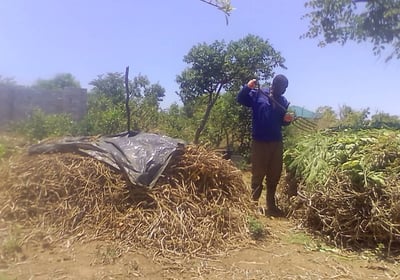

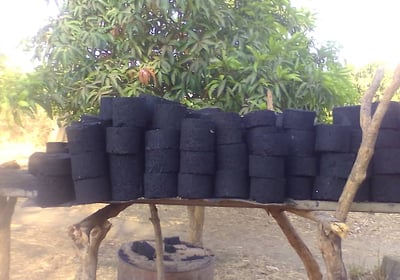

Biomethanisation
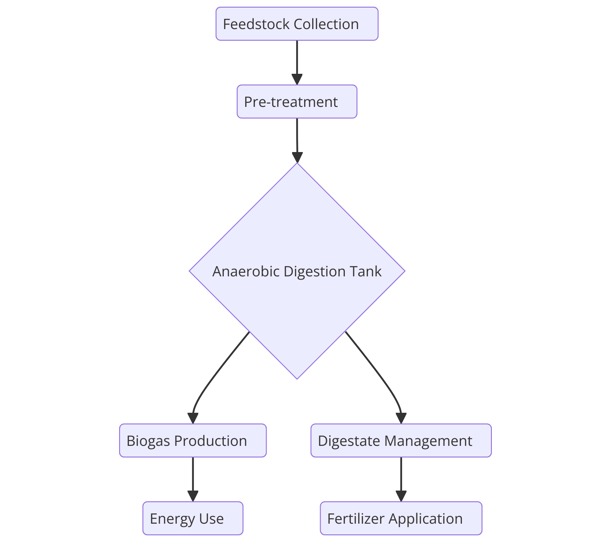

What is biomethanisation ?
Biomethanisation is an eco-friendly process that turns organic waste into energy and fertilizer. Here’s how it works:
Collect Waste: Gather food scraps, farm leftovers, and manure.
Pre-treat: Prep the waste by chopping or adding water.
Digest: Put the prepped waste into an anaerobic digestion tank. Here, bacteria break it down without oxygen.
Produce Biogas: This process creates biogas, a mix of methane and carbon dioxide, which we can use for energy.
Manage Digestate: The leftover material, called digestate, can be processed further.
Fertilize: Use the digestate as a natural fertilizer for plants.
This method not only generates renewable energy but also recycles waste into useful products, helping to keep our planet cleaner and greener.
Composting
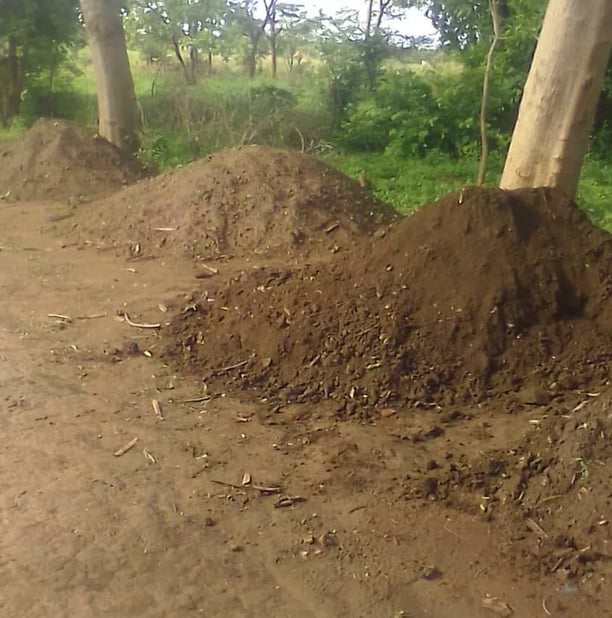

What is composting ?
Composting is an eco-friendly process that turns organic waste into nutrient-rich soil. Here’s how it works:
Decompose: Microorganisms break down kitchen scraps, leaves, and yard clippings over time, transforming them into dark, crumbly compost.
Use: This compost is then used to enrich garden soil, helping plants grow strong and healthy.
The image shows fully decomposed compost heaps, ready to be used as a valuable resource for gardening. This method not only reduces waste but also provides essential nutrients to your plants, promoting a greener and more sustainable environment.
Pyrolisis
Turn agricultural waste into chacoal
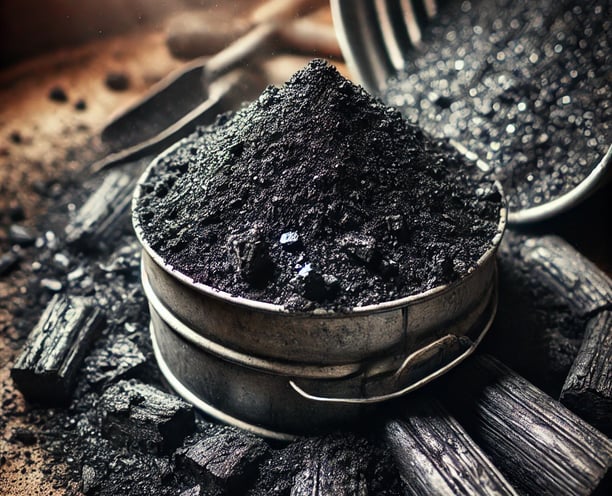

What is Pyrolisis ?
Pyrolysis is a process that transforms organic materials into biochar through heating in the absence of oxygen. This heating process breaks down the materials, leaving behind a black, fine, and carbon-rich substance called biochar. The image shows the end product of this process, ready to be used either as charcoal briquettes or as a soil amendment to enhance soil fertility and carbon sequestration. Pyrolysis not only provides a sustainable way to manage organic waste but also creates a valuable product that benefits both energy production and agriculture.
Sustainable
Innovative solutions for waste management in sub-Saharan Africa.
Contact info
+32 470 41 58 31
© 2024. All rights reserved.
